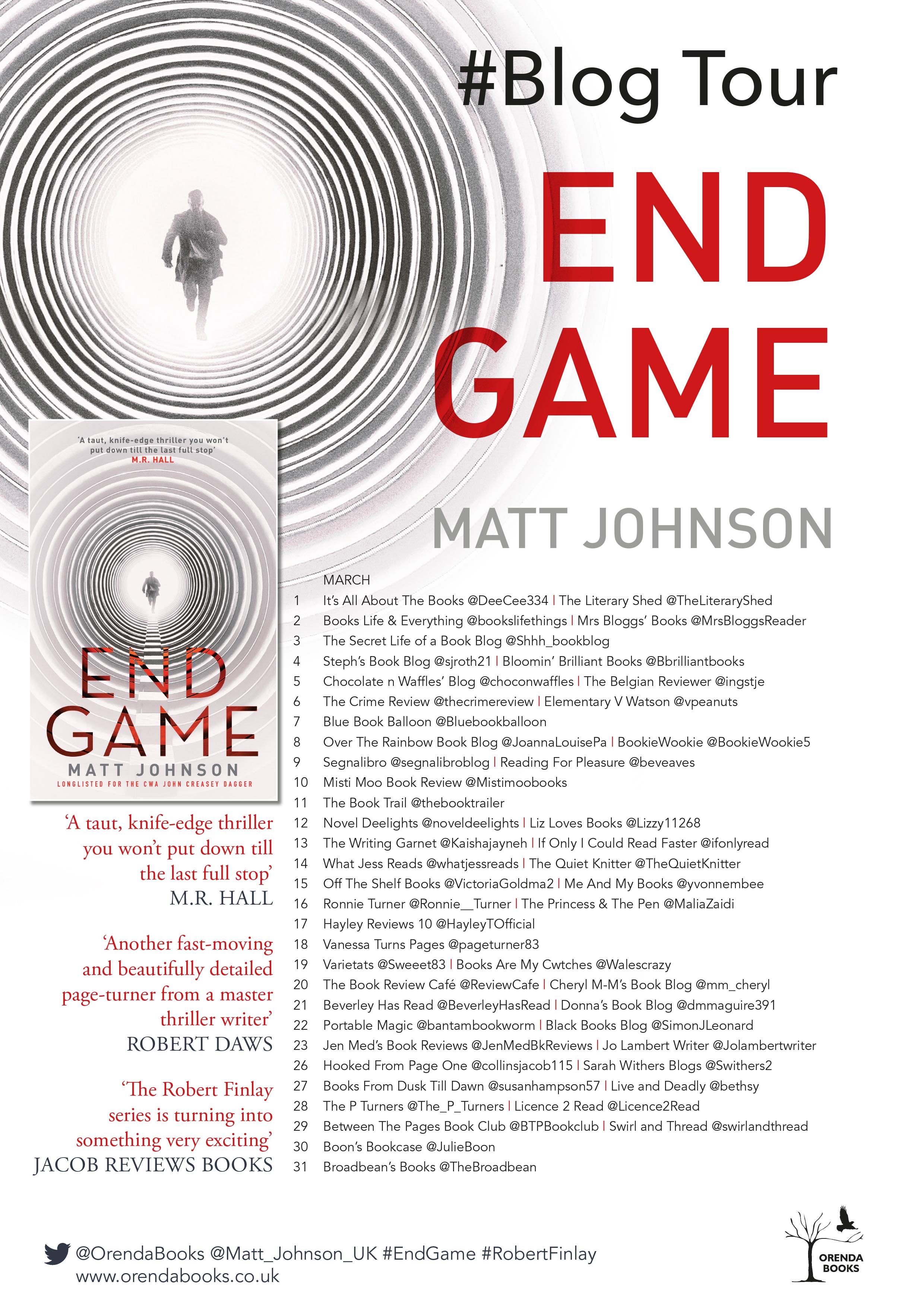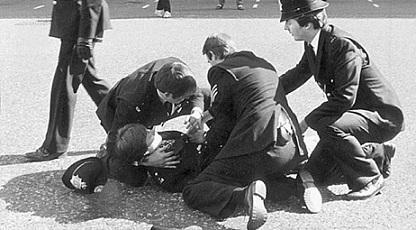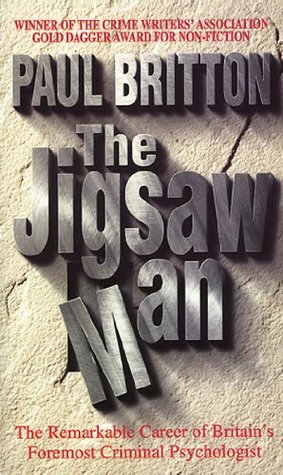
If you like true crime then you will love this book, Manhunt by Colin Sutton is probably the best true crime book I have read. It sucked me right in and shocked me and upset me and made me feel almost every emotion out there. A very impressive book.
My Review:
I had wanted to read Manhunt by Colin Sutton for a good while before I finally got round to reading it. Like many I watched the television programme with the same name, staring Martin Clunes as Sutton. It was an excellent dramatisation but as someone who is fairly familiar with the crimes of Levi Bellfield I knew that a fair amount of dramatic licence had been used so it was time to read the book and hear the story from the man who led the police team who finally bought Bellfield to justice.
I’ve seen Sutton on various television programmes and I’ve always felt that he speaks well and knows he stuff. I was worried that the book would be full of how wonderful he is and how he almost single handedly caught Bellfield. But thankfully Sutton comes across as a team player, who appreciated his team and how hard they worked to catch the killer.
It is a shame that the blurb focuses on Milly Dowler, because this book is about so much more than her, and the other cases deserve to be as well known and talked about as Dowler.
The story is fascinating, the way in which Sutton and his team gradually pieced it all together, worked out that the killings and attempted murders were the work on the same person, the many hours of CCTV they trawled through and then eventually, the way they arrested Bellfield and then gathered further evidence as people finally felt safe to be able to talk about the things they had seen him do.
That bit was shocking and fascinating. So many people know just how awful a person Levi Bellfield is but were too scared to come forward while he was a free man. It was also really interesting to read how resources were thrown at Sutton and his team when they realised what a dangerous man Bellfield was, they were determined that Bellfield would not be able hurt anyone else while they compiled the evidence against him.
I really enjoyed reading this book, sure it is horrible to think that this really happened and Bellfield was able to hurt so many people over the years and how he managed to manipulate almost everyone to get what he wanted, but it was so interesting and a story that kept me hooked and desperate to keep reading.
Sutton surprised me as an author who was able to describe what had happened clearly and with impressive recall. I was surprised to read the criticism that he gave other police forces, especially the one responsible for investigating the disappearance of Milly Dowler.
If you are interested in true crime then this is a great book to read, if you have watched Manhunt and want to know more, then read this book. If you want to learn more about how the police go about solving major crimes, then this book is for you. So many people will get something out of this book, I got loads and it is a story that will stay with me for a long time to come. Thank goodness Bellfield is in prison and will never be released to hurt and manipulate people again.
Blurb:
NOW A MAJOR TV DRAMA STARRING MARTIN CLUNES
What does it take to catch one of Britain’s most feared killers?
Levi Bellfield is one of the most notorious British serial killers of the last fifty years – his name alone evokes horror and revulsion, after his string of brutal murders in the early 2000s.
At 3:07pm on 21st March, 2002, Milly Dowler left her school in Surrey for the last time. Less than an hour later, she was to be abducted and murdered in the cruellest fashion, sparking a missing person investigation that would span months before her body was found.
In the two years that followed, two more young women – Marsha McDonnell and then Amélie Delagrange – were murdered in unspeakably brutal attacks.
Yet with three murdered women on their hands, and few leads open to them, investigating officers were running out of ideas and options, until SIO Colin Sutton was drafted into the investigation for the murder of Delagrange. Seeing a connection between the three women, and thriving under the pressure of a serial killer hunt, Sutton was finally able to bring their murderer to justice after the case had begun to seem hopeless.
Manhunt tells the story of how he led the charge to find a mystery killer, against the clock and against the odds – day by day and lead by lead. At once a gripping police procedural, and an insight into the life of an evil man, this is the story behind what it takes to track down a shockingly violent murderer before he strikes again.
About The Author:

Colin Sutton was a Senior Investigating Officer in the Metropolitan Police from January 2003 to January 2011, leading more than thirty successful murder investigations, notably the Levi Bellfield case and the successful re-investigation of the seventeen-year reign of terror of the ‘Nightstalker’ Delroy Grant.







 Matt Johnson served as a soldier from 1975-78 and Metropolitan Police officer from 1978 -1999.
Matt Johnson served as a soldier from 1975-78 and Metropolitan Police officer from 1978 -1999.
 He is perhaps the UK’s leading psychological profiler.
He is perhaps the UK’s leading psychological profiler.